

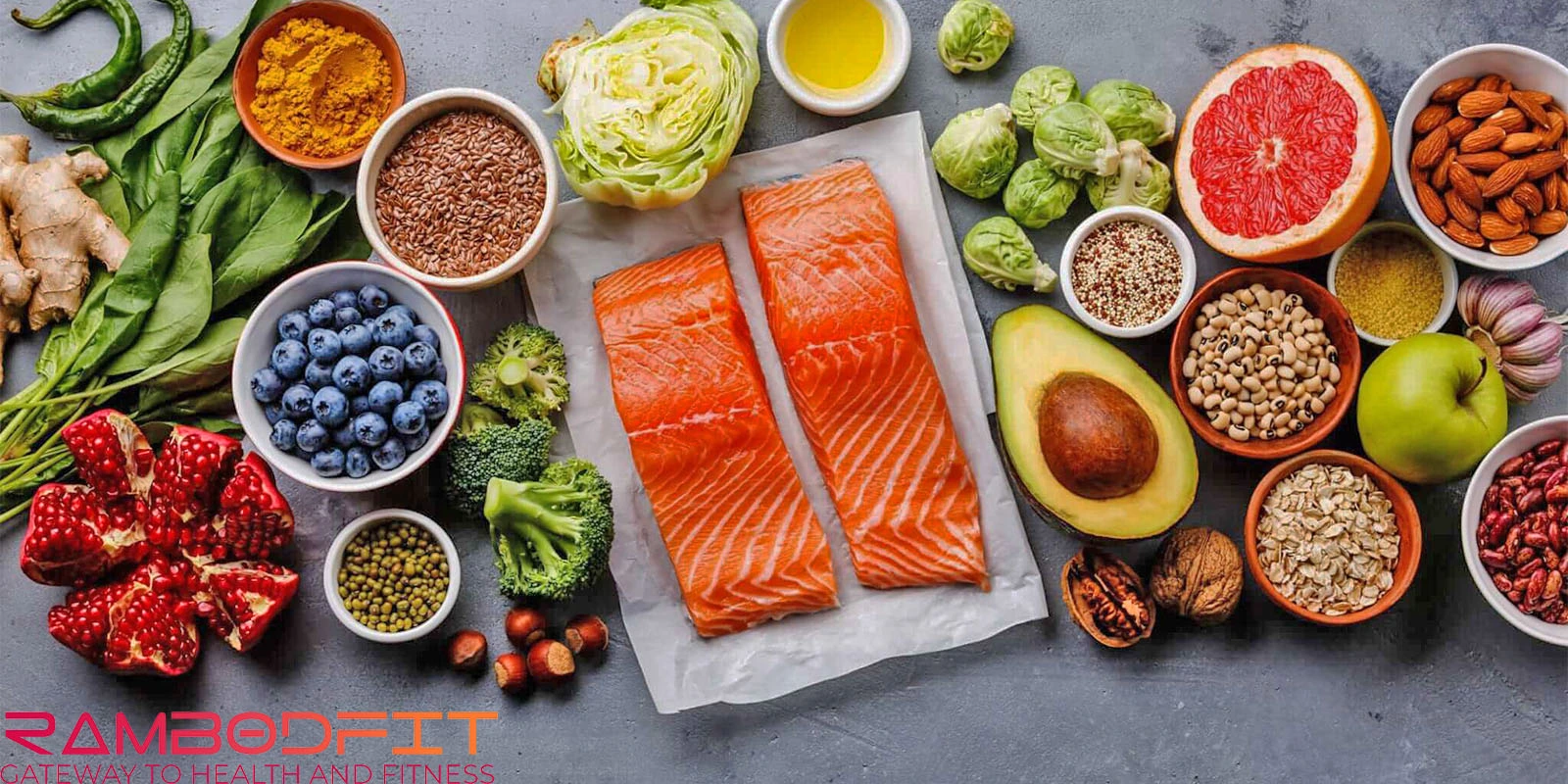
In sports and athletic performance, wise training and smart recovery are critical to enhance performance. Recovery not only minimizes the risk of injury but also helps you to exercise consistently. Knowing the anti-inflammatory foods for recovery can help you have a very good recovery.
On RambodFit, we will discuss scientifically based information about inflammation, which is a key in recovery and the body’s reaction to exercise. We have acute and chronic inflammation, the first one is good for repair and performance, another one is bad and can cause problems with recovery and even increase the risk of overtraining.
After understanding the mechanism, we will dig deep into the anti-inflammatory foods for recovery to incorporate into your diet so you can benefit from better recovery and better performance in sports.
Table of Contents
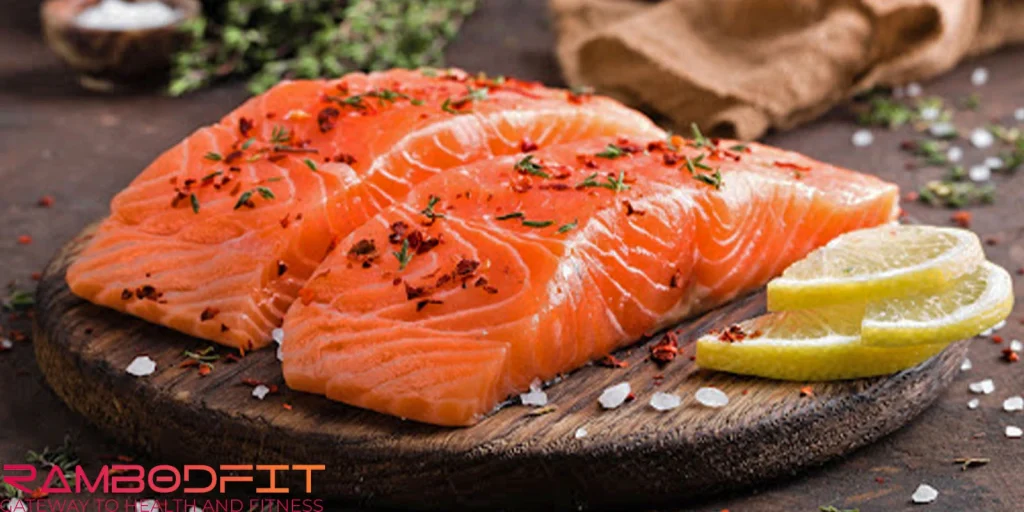
There are plenty of foods that are beneficial for reducing inflammation that we will introduce to you shortly. One of the best and healthy ways to approach inflammation is proper nutrition.
Anti-inflammatory foods for recovery in sports can reduce muscle soreness and enhance overall athletic performance which is a critical key factor to an athlete’s success.
There are plenty of foods that can reduce inflammation, however, we will only explain those that can be more available and easier to eat.
Fatty fish such as salmon, mackerel, sardines, and trout are rich in omega-3 fatty acids, particularly eicosapentaenoic acid (EPA) and docosahexaenoic acid (DHA). These omega-3s are famous for their potent anti-inflammatory properties, which can directly influence exercise recovery.
Omega-3s modulate inflammation by reducing the production of pro-inflammatory cytokines (e.g., interleukin-6 and TNF-alpha) and increasing the synthesis of anti-inflammatory molecules like resolvins and protectins.
These effects can help neutrelize exercise-induced muscle damage, reduce delayed onset muscle soreness (DOMS), and promote faster recovery.
Evidence
A 2020 review published in Frontiers in Nutrition highlighted that omega-3 supplementation can decrease muscle soreness and improve functional recovery after eccentric exercise.
Moreover, a study in The Journal of the International Society of Sports Nutrition found that athletes consuming omega-3s experienced less muscle swelling and improved strength recovery.
How to Incorporate Fatty Fish
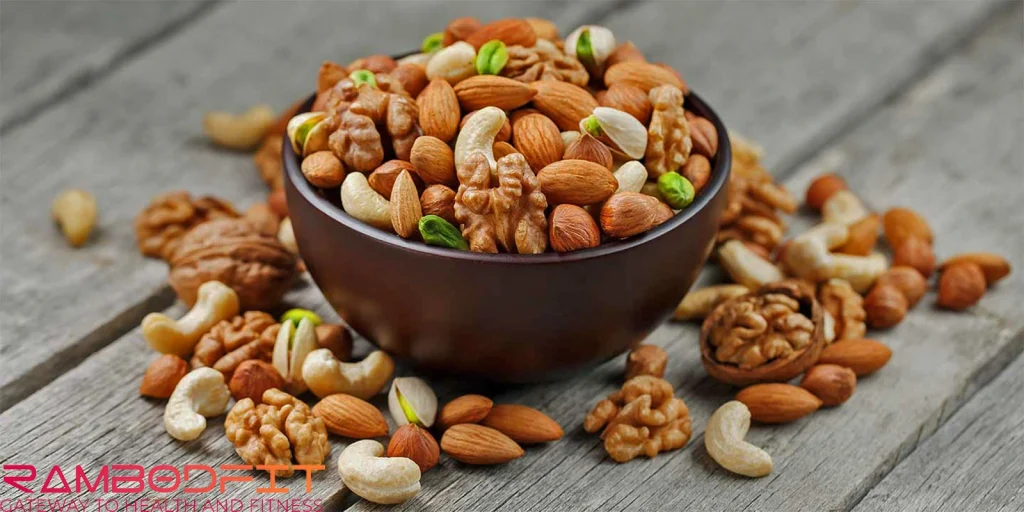
Nuts and seeds, including almonds, walnuts, chia seeds, and flaxseeds, are rich in healthy fats, particularly omega-3s, vitamin E, and polyphenols.
These compounds collectively combat inflammation and oxidative damage, making them suitable choices for anti-inflammatory foods for recovery in sports.
The alpha-linolenic acid (ALA) in walnuts, chia seeds, and flaxseeds is a plant-based omega-3 that helps modulate inflammatory pathways. Vitamin E in nuts like almonds neutralizes free radicals, protecting cells from oxidative damage.
Evidence
Research in Nutrients highlights that regular nut consumption is associated with lower inflammatory markers, including C-reactive protein.
Another study in Journal of the Academy of Nutrition and Dietetics showed that almonds enhanced post-exercise recovery by reducing muscle damage and improving inflammatory status.
How to Incorporate Nuts and Seeds
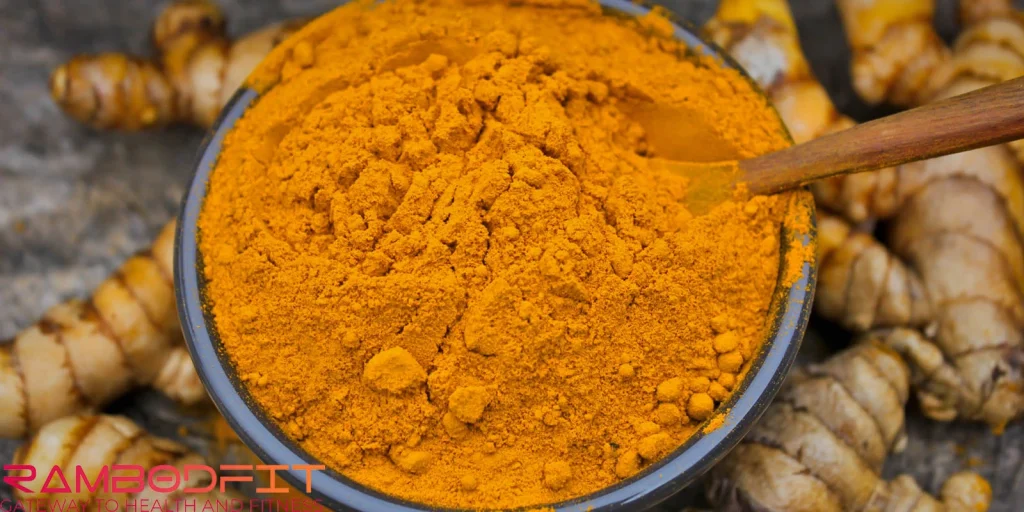
Turmeric, an ingredient in many traditional cuisines, has an active compound called curcumin, which is beneficial for recovery in athletes.
This bright yellow polyphenol is a powerhouse when it comes to reducing inflammation and oxidative damage, making it a favorite among athletes and recovery-focused nutritionists.
Curcumin inhibits nuclear factor-kappa B (NF-κB), a protein complex that plays a key role in regulating inflammation.
It also enhances the activity of antioxidant enzymes like glutathione peroxidase, which helps combat exercise-induced oxidative stress.
Evidence
A systematic review published in Critical Reviews in Food Science and Nutrition highlighted curcumin’s ability to significantly reduce markers of inflammation (e.g., C-reactive protein) and improve symptoms of exercise-induced muscle damage.
Additionally, a study in Journal of Sports Science and Medicine showed that curcumin supplementation reduced muscle soreness and improved recovery following high-intensity exercise.
How to Incorporate Turmeric
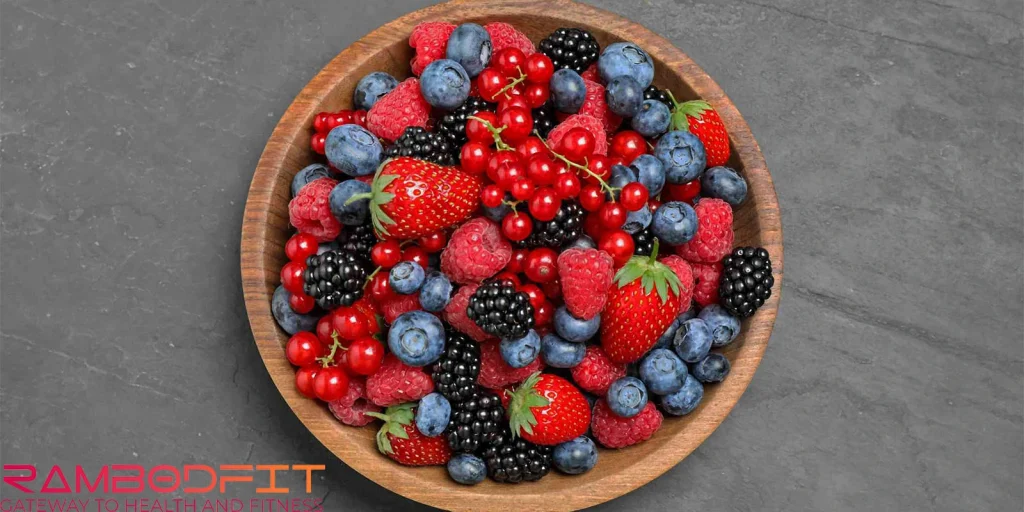
Berries like blueberries, strawberries, raspberries, and blackberries are among the most antioxidant-rich fruits available. They contain high levels of flavonoids and vitamin C, both of which play key roles in managing inflammation and supporting recovery.
The polyphenols in berries, particularly flavonoids and anthocyanins, reduce oxidative stress by scavenging free radicals. They also inhibit inflammatory pathways, such as the activation of COX enzymes and NF-κB signaling.
Evidence
A study published in The Journal of the International Society of Sports Nutrition found that blueberry supplementation improved recovery and reduced oxidative stress markers after eccentric exercise. Another study in Nutrients showed that regular berry consumption decreased inflammatory markers and enhanced overall antioxidant capacity in athletes.
How to Incorporate Berries
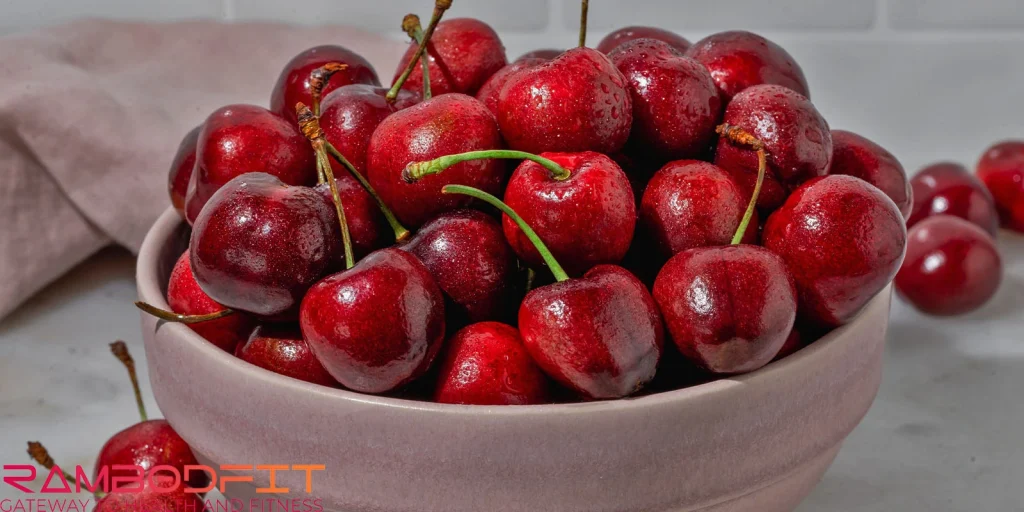
Tart cherries and their juice are well-documented as potent anti-inflammatory and antioxidant agents. They owe their benefits to high levels of anthocyanins, plant compounds that give the fruit its deep red color and provide strong anti-inflammatory effects.
Anthocyanins inhibit the activity of enzymes like cyclooxygenase (COX), which are involved in the inflammatory process. By reducing oxidative stress and inflammation, tart cherries can help alleviate DOMS, improve recovery times, and even enhance sleep—an often overlooked aspect of recovery.
Evidence
Research published in the Scandinavian Journal of Medicine & Science in Sports demonstrated that tart cherry juice supplementation reduced strength loss and markers of inflammation after intense resistance exercise.
Similarly, a study in Nutrients found that marathon runners who consumed tart cherry juice experienced less post-race inflammation and faster muscle recovery compared to those who took a placebo.
How to Incorporate Tart Cherries
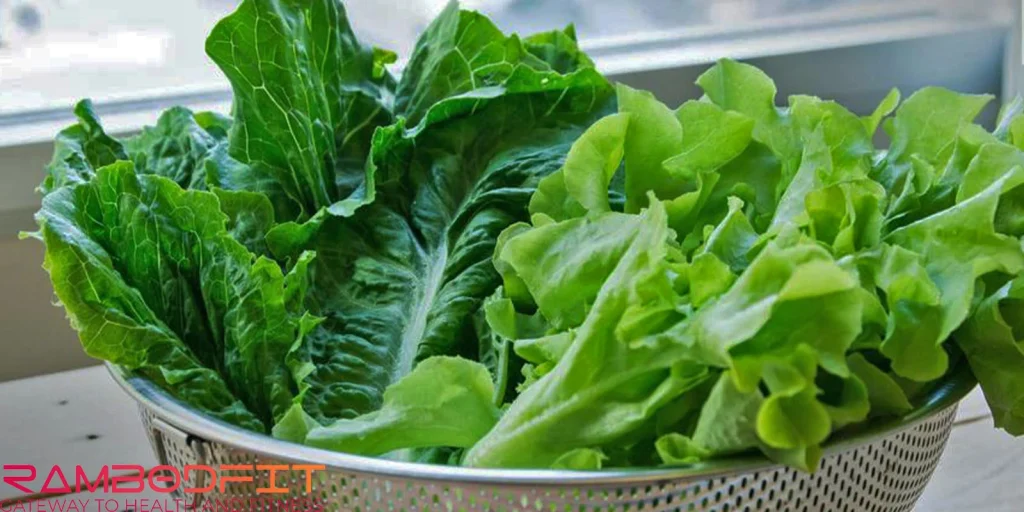
Dark, leafy greens like spinach, kale, and Swiss chard are nutritional powerhouses loaded with vitamins, minerals, and phytochemicals. These greens are particularly high in antioxidants like vitamin C, vitamin E, and beta-carotene, as well as anti-inflammatory compounds such as flavonoids and carotenoids.
Leafy greens help neutralize free radicals generated during exercise, reducing oxidative stress and inflammatory responses. They also provide magnesium, a critical mineral for muscle relaxation and recovery.
Evidence
A 2018 study in Oxidative Medicine and Cellular Longevity emphasized the role of dietary antioxidants in mitigating exercise-induced inflammation. Consuming leafy greens regularly has been linked to lower levels of inflammatory markers such as interleukin-6 and C-reactive protein.
How to Incorporate Leafy Greens
For other anti-inflammatory foods for recovery, check out Healthline.
These anti-inflammatory foods for recovery can benefit athletes and those who exercise regularly. Each food provides unique bioactive compounds that combat inflammation, reduce oxidative stress, and accelerate muscle repair. A balanced diet with these anti-inflammatory foods can help you recover faster, train harder, and perform better.
However, remember that nutrition works best when approached holistically. Mixing all the aspects of a healthy lifestyle and balanced diet like enough sleep, consuming enough macro and micro-nutrients and consulting with experts in the field of nutrition and exercise physiology can help you reach your fitness goals as fast as possible,
Finally, while these foods are beneficial, no single food or supplement can replace the foundational aspects of a well-balanced diet and recovery program. All of them together can lead to a better outcome in the performance of athletes and their recoveries.
Hope you found this article useful, for more related articles check the links below:
Yes, some foods can cause and promote inflammation and even consuming anti-inflammatory foods for recovery can’t fix that problem.
Foods below can cause inflammation especially if they are consumed in excess:
1. processed foods high in trans fats and refined sugars.
2. Excessive alcohol
3. Deep fried foods
Limiting these foods while having anti-inflammatory foods for recovery can create a balanced diet for you.
It is better to consume these anti-inflammatory foods for recovery after training to support recovery and reduce inflammation. However, some can also be consumed before training to prepare the body for oxidative stress.